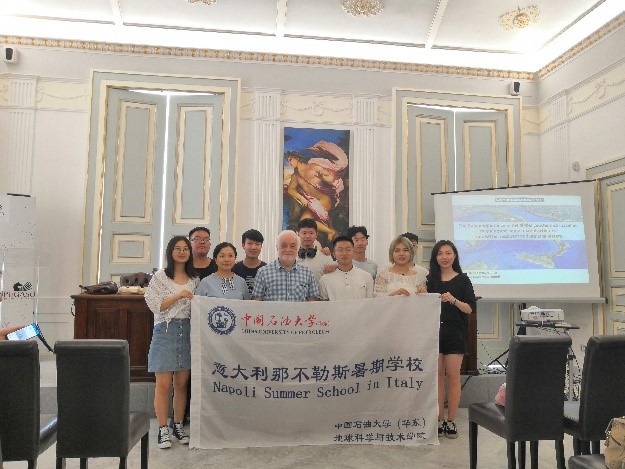
Photo with Professor Benedetto de vivo, Università degli studi di Napoli Federico II
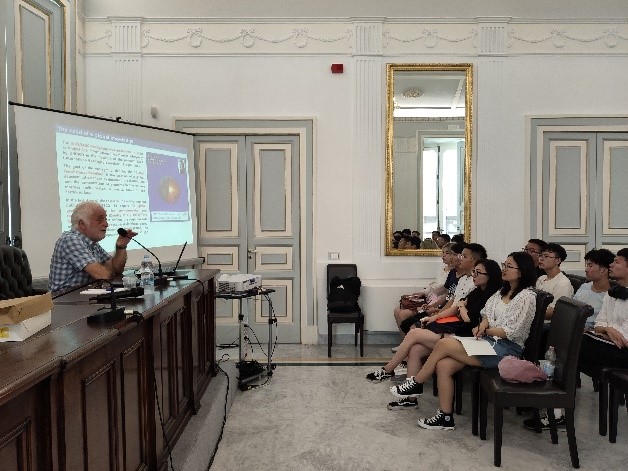
Lectures by Professor Benedetto de vivo,Università degli studi di Napoli Federico II
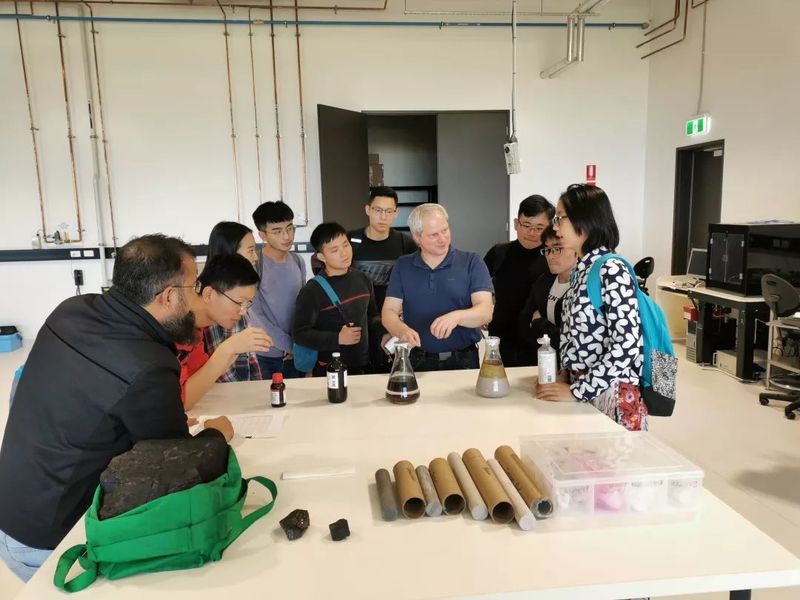 Studying in ECU Lab
Studying in ECU Lab
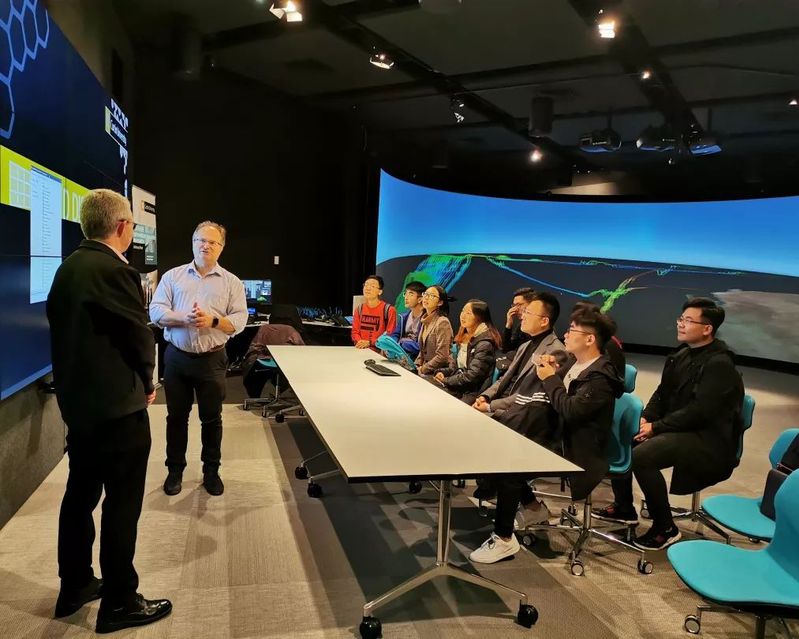
Learning in Curtin University
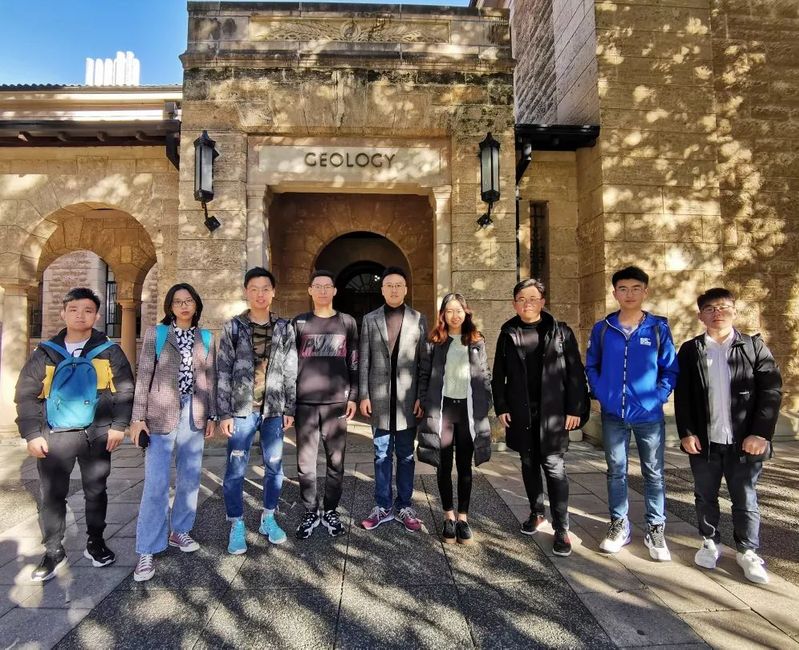
Visiting The University of Western Australia
In the summer vacation of 2019, Teachers and students from school of Geosciences successfully completed their summer studies in Italy and Australia.
This year, there were totally nine students to Italy and eight students to Australia from major of geology, resource exploration engineering, exploration technology and engineering, geophysics, geographic information science and mapping engineering. With the satisfying arrangement from both The University of Frederick II, Curtin University and University of Western Australia, teachers and students learned a lot during their visit.
During their visit in Università degli studi di Napoli Federico II , Professor Benedetto de vivo gave a lecture with the topic of Environmental Geochemistry: understanding the impact of human activities on the earth's surface; Professor Giuseppe Rolandi gave a lecture on the mechanism of volcanism, which laid the foundation for the following Vesuvius volcano field visit; Dr. Alberto fortelli gave a lecture on how to predict the weather through clouds and sun. Dr. Corrado Bruni gave a lecture on the oil reservoirs in the mountain strata, and gave some guidance to the students majoring in resource exploration. Finally, Professor Antonio Panico's lecture on garbage classification and reuse, which is closely related to China's current situation, provides a theoretical basis for garbage recycling.
During their visit in Curtin University, Professor Chris Elders give lectures on Petrel software (vertical seismic profile around Western Australia), 4D basin simulation, seismic interpretation for deep strata, VR technology on seismic imaging (seafloor topography such as crater and transform fault). In addition, the team visited the laboratory of organic Geochemistry and isotope lab. Besides that, students also watched the biomarker compounds experiment, the paleogeographic reconstruction by plants, geochemical test with GC instruments, and learned the principle and application of high-technology instruments and equipment.
During their visit, students also discussed research directions of professors in each universities, and understand the frontier researches of Geosciences, which deepened students' interest and motivation in professional learning.
In addition to the professional knowledge, the summer courses in foreign universities help students understand the teaching characteristics in overseas Geoscience Education, and cultivate their ability to quickly integrate into cross-cultural classroom. The summer courses in Italy and Australia aims to improve the international exchange level of our college and promote the cooperation of international exchange projects.
(By Yang Jianmin, Huo Ningning)

